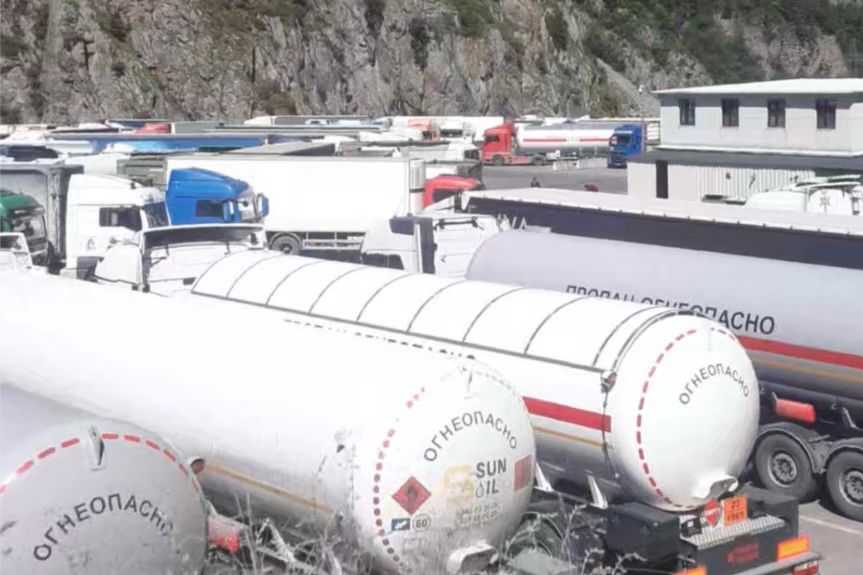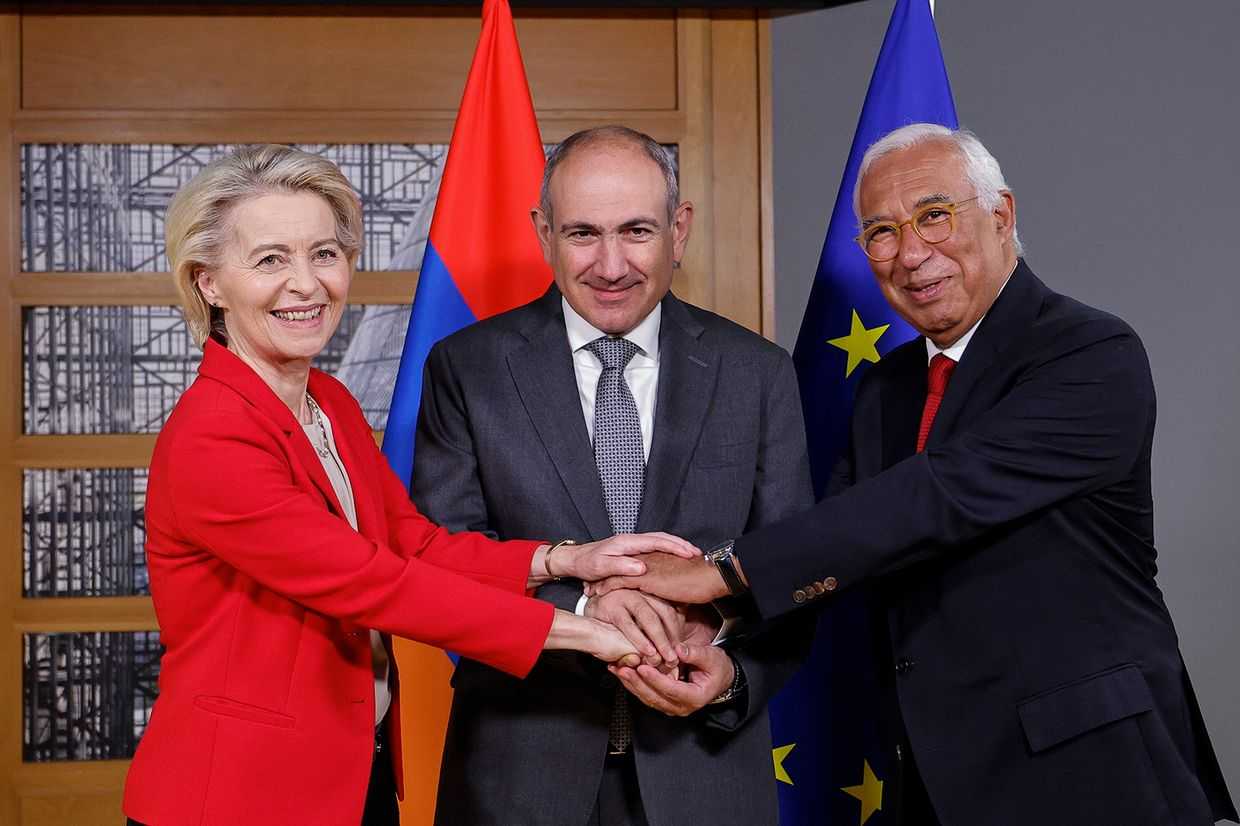
Ten days after all traffic to and from the region was blocked, passage through the Lachin Corridor checkpoint has been restored for vehicles of the International Committee of the Red Cross.
This was confirmed by Nagorno-Karabakh authorities on Sunday. The Lachin corridor had been blocked to all traffic since 15 June following a clash between Armenian and Azerbaijani border troops.
Nagorno-Karabakh’s Ministry of Health reported that on Sunday and Monday, Red Cross vehicles transported 32 people from Nagorno-Karabakh to Armenian hospitals along with 20 companions.
On Saturday, Azerbaijan’s Foreign Minister Jeyhun Bayramov met with Red Cross representatives in Baku, and stated that Azerbaijan was willing to grant Red Cross vehicles access to Nagorno-Karabakh.
The Azerbaijani representatives also reportedly suggested that Azerbaijan could meet ‘other supply needs’ of Nagorno-Karabakh Armenians, ‘in connection with the current situation’.
No information has yet been made public about reopening passage to Russian peacekeeping vehicles, which had also provided humanitarian aid to the region prior to the obstruction of all traffic.
On 23 June, the Nagorno-Karabakh authorities published footage showing Azerbaijani border troops installing concrete barricades near the checkpoint at the entrance of the Lachin Corridor, and accused Azerbaijan of fully blocking the only road in and out of Nagorno-Karabakh.
The following day, as the road remained blocked to all traffic, a one-year-old child in critical condition was transferred to Armenia in a Russian peacekeepers’ helicopter.
The peace agreement which ended the Second Nagorno-Karabakh War in 2020 stipulates that the Lachin Corridor, a five-kilometre-wide area that includes the only road in and out of Nagorno-Karabakh, will be manned by Russian peacekeepers, and allow free passage to and from the region.
However, since December 2022, the road has been blocked to civilian traffic. It was first closed by a group of Azerbaijani government-supported ‘environmental activists’, and later by Azerbaijani border troops who installed a checkpoint at the entrance of the Lachin Corridor.
Since then, local authorities have reported a dramatic decrease in the supply of food, medicine, and other essential goods to the region, announcing rationing of fuel and some staple foods.
Nagorno-Karabakh has also faced severe electricity shortages since December, after the electricity supply from Armenia was cut as a result of damage to a cable running through Azerbaijani-controlled territory. The region has since had to rely on self-produced electricity, mainly hydroelectric, and introduced rolling power cuts.
The increase in demand for hydroelectric power production has also led to water shortages in the region, as Nagorno-Karabakh’s largest water reservoir faces depletion.
For ease of reading, we choose not to use qualifiers such as ‘de facto’, ‘unrecognised’, or ‘partially recognised’ when discussing institutions or political positions within Abkhazia, Nagorno-Karabakh, and South Ossetia. This does not imply a position on their status.






